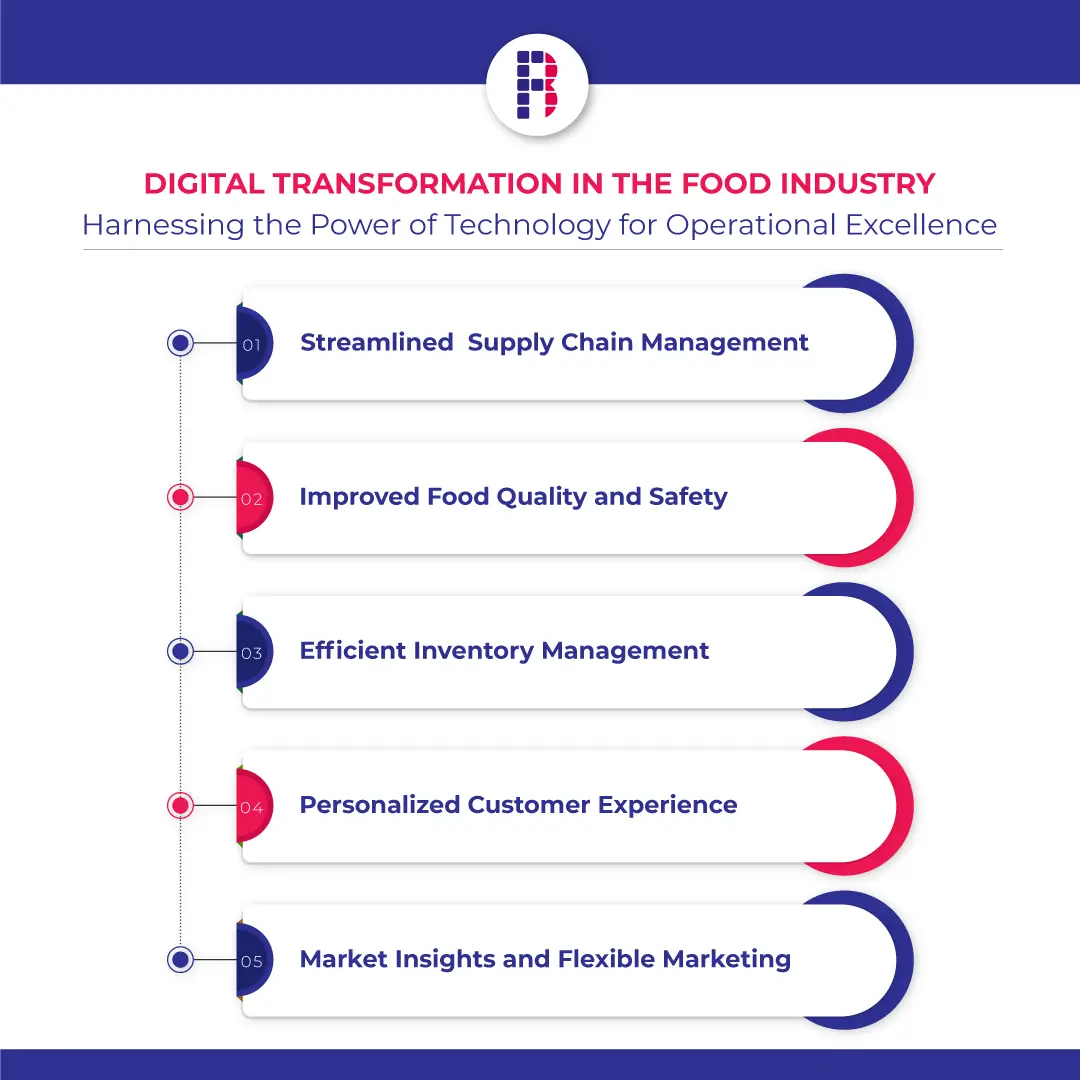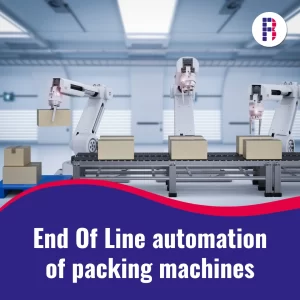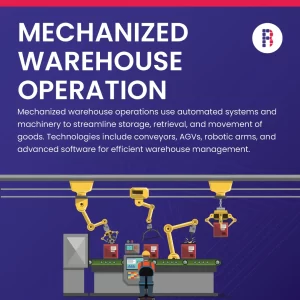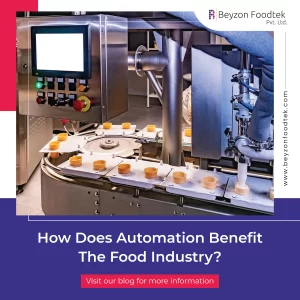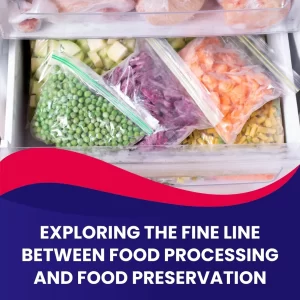Introduction
The food business is undergoing a paradigm shift due to digital transformation in the quickly changing world of today. Every component of the supply chain, from production and distribution to consumer involvement, has been changed as a result of the use of cutting-edge technologies in the food industry. For food consultant companies to succeed in the competitive market, embracing these technology innovations is no longer just a choice; it is now a requirement. This blog examines the different ways that the food business may use technology to its advantage and achieve operational excellence.
Reshaping the Food Industry:
For the food industry, digital transformation has completely changed how firms run and interact with customers. The food industry is going through a significant transformation toward better efficiency, transparency, and consumer experience thanks to the integration of cutting-edge technologies like AI, IoT, and data analytics.
Operations are changing and becoming more efficient thanks to streamlined supply chains, improved food safety, smart inventory management, and customized consumer experiences. Fundamentally, digital transformation enables the food industry to quickly adjust to shifting market dynamics, resulting in a more sustainable and customer-focused environment. Companies that aim to remain competitive and satisfy changing consumer expectations must now embrace these developments. We further delve into ways in which digitization has transformed the food industry.
- Streamlined Supply Chain Management
The ability of digital transformation to improve supply chain management in the food business is one of its most important advantages. Blockchain technology, Internet of Things (IoT) devices, and advanced analytics are essential elements that improve supply chain visibility, traceability, and transparency.
Real-time monitoring of temperature, humidity, and other important variables is achievable with the installation of IoT sensors in warehouses and transportation vehicles. This prevents food waste and ensures that perishable foods are maintained in the best possible conditions. Additionally, blockchain technology enables participants to follow a product’s whole journey from farm to table, promoting trust and confidence in the food supply chain.
- Improved Food Quality and Safety
Both customers and food consulting firms place a high priority on food safety and quality. Automated quality control systems have been made possible by the adoption of digital technologies, guaranteeing that food items adhere to industry standards and regulations. Data trends and abnormalities can be found using machine learning algorithms, assisting in the early identification of possible problems and reducing the risk of contamination or foodborne illnesses.
In addition, artificial intelligence (AI) and data analytics are able to evaluate enormous volumes of data from numerous sources, enabling food consultant firms to offer clients insightful advice on how to enhance their food safety procedures and preserve high product quality.
- Efficient Inventory Management
The food business has long placed a high priority on inventory control. Traditional manual methods frequently result in overstocking or stockouts, which cause financial losses and displeased customers. To address these issues, however, intelligent inventory management solutions are offered through digital transformation.
Automated inventory systems can anticipate demand trends, seasonal swings, and consumer preferences thanks to data-driven algorithms. This makes it possible for food consulting firms to offer clients advice on optimal stock levels, lowering inventory costs while maintaining enough stock availability to fulfill customer demand.
- Personalized Customer Experience
Building brand loyalty in the era of client centricity requires tailored experiences. Food businesses may now collect and analyze client data to better understand their tastes and behavior thanks to digital transformation. Utilizing this data will enable businesses to provide customers with individualized loyalty programs, promotions, and suggestions.
Additionally, frictionless ordering and delivery procedures are made possible by mobile apps and internet platforms, improving the overall consumer experience. Food consultancy businesses can help their clients improve their offerings to better meet customer expectations by adding customer feedback and evaluations into their services.
- Market Insights and Flexible Marketing
Digital marketing has completely changed how businesses advertise their goods and interact with customers. Social media, content marketing, and influencer alliances are now crucial components of every food company’s marketing plan. Companies can acquire useful insights into market trends, rival strategy, and customer sentiment through data analytics, enabling them to quickly adjust to shifting market dynamics and maintain an advantage over the competition.
Conclusion
In a whole, firms seeking operational excellence and growth must embrace the digital transformation of the food industry as a need rather than a choice. Food consulting firms are vital in helping their customers navigate this transformative process by assisting them in adopting the best technology for enhancing food safety, streamlining inventory management, and providing individualized customer experiences.
Food consultant firms may help their customers stay competitive and relevant in a market that is constantly evolving by leveraging the power of technology, thereby fostering a more sustainable and forward-thinking food business.
